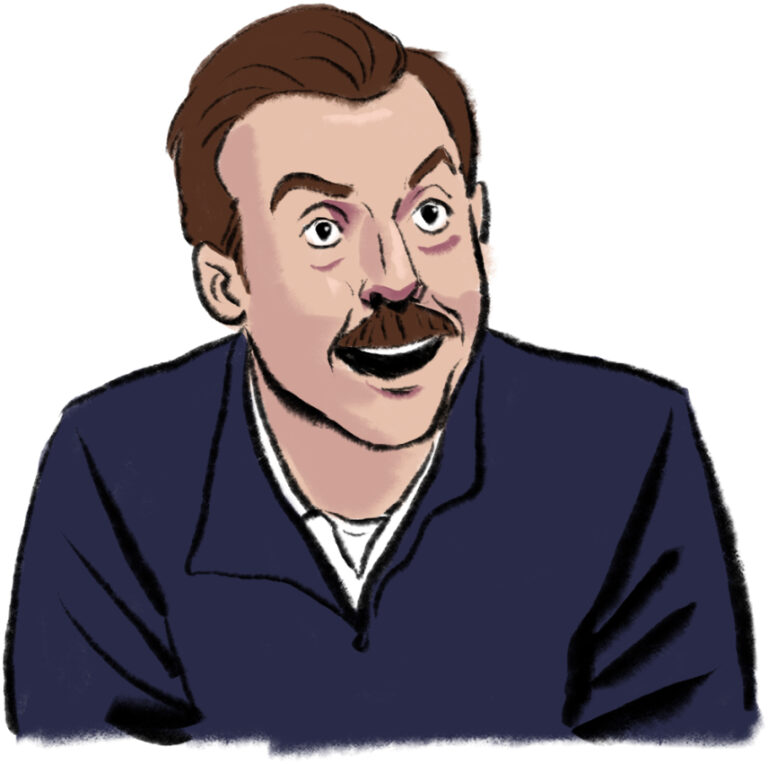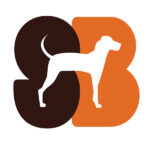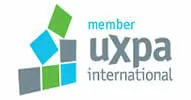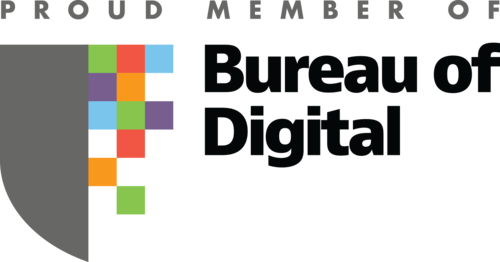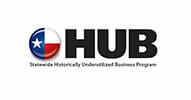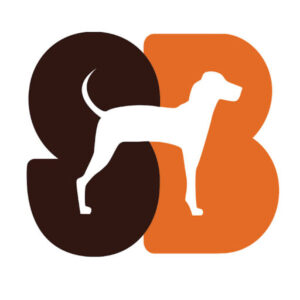
I have become a firm believer that trust is the foundation for a strong team. And that’s why my team is actively working to build trust in ourselves, between each other, and as an organization.
That probably sounds a little cheesy. Trust is often considered a “soft” skill. What good is it in an agency, right? Shouldn’t we focus on building our skills in coding languages or design? Why waste time on trust?
Because only the presence of trust can help us work in lock-step together as a team. And people who work together as a team – collaborating on projects — can achieve far greater results together than if each of us work alone. As an independent freelancer I could only do so much working alone. But with a team, we can build much more advanced websites and projects because we are able to draw on the talents of multiple people.
The work of the team is enhanced when members trust each other. In fact, according to author and management consultant Patrick Lencioni, the absence of trust is one of the five dysfunctions of the team. It’s characterized by team members feeling a need to be invulnerable with each other. The author’s argument is that trust can only come through team members opening themselves up to vulnerability.
Ding, ding ding!
Reading this really struck a chord with me. When I examined my own behavior — not just with my team by also in other situations — I have a very difficult time being vulnerable in many situations. I have trouble talking about myself. I have an intense desire to appear strong, rather than weak. While I wouldn’t say that I try to be invulnerable all of the time, those tendencies I do have could definitely be seen as a detriment to the team. And I decided if I was going to do anything to work on my team, then I should start by building trust.
I talked about the beginning of this process on an episode of the FRP. My team, being a wonderful group of people, were willing to go along with whatever I wanted to do, but I think they may have wondered if I had gone crazy.
First, I explained to them the 5 Dysfunctions of the Team and why I thought it was so important. Then, we went through three different exercises.
- Working Team Agreement
This is something many teams do, especially in agile workplaces. I encouraged everyone to write several things that were important to them on separate post it notes and put it on the wall. Some examples of this are, “Don’t interrupt,” “Hear people out,” “Show kindness.” We spent some time organizing, putting similar ideas together and voting on each. We came up with an agreement of how we would work together. - Personal Histories
The second exercise seemed pretty innocuous. I put up a list of questions and everyone was invited to share as much or as little as they wanted. The questions were: How many siblings do you have? Where is your hometown? Unique childhood challenges? First job? Worst job? Favorite hobbies?
I was surprised by how much people on the team shared. I felt like I shared the least. - Team Effectiveness Exercise
A week later we went through what was possibly the toughest trust exercise. We went around the room and each named a strength and weakness that each person brings to the team. We had to break out the tissue box, but by the end, I think we understood ourselves better, in addition to our teammates.
I have to say that the effects of these exercises were more impactful than I anticipated. And while I am under no delusions that just three exercises will develop the level of trust we need as a team, I already feel more trust for the people I work with than I did before.
Trust has also dominated my reading over the past few weeks. I’ve read another a Patrick Lencioni book, Getting Naked, which is about being vulnerable with clients. I’ve also read The Speed of Trust by Stephen M.R. Covey. I feel like the more I read about trust, the more success I will have in instilling it with myself, my team, and even with clients.
When we can trust, we feel safe. I want my team to feel safe. I want my clients to feel safe when they work with us. And while building trust takes time, it is worth the journey.

